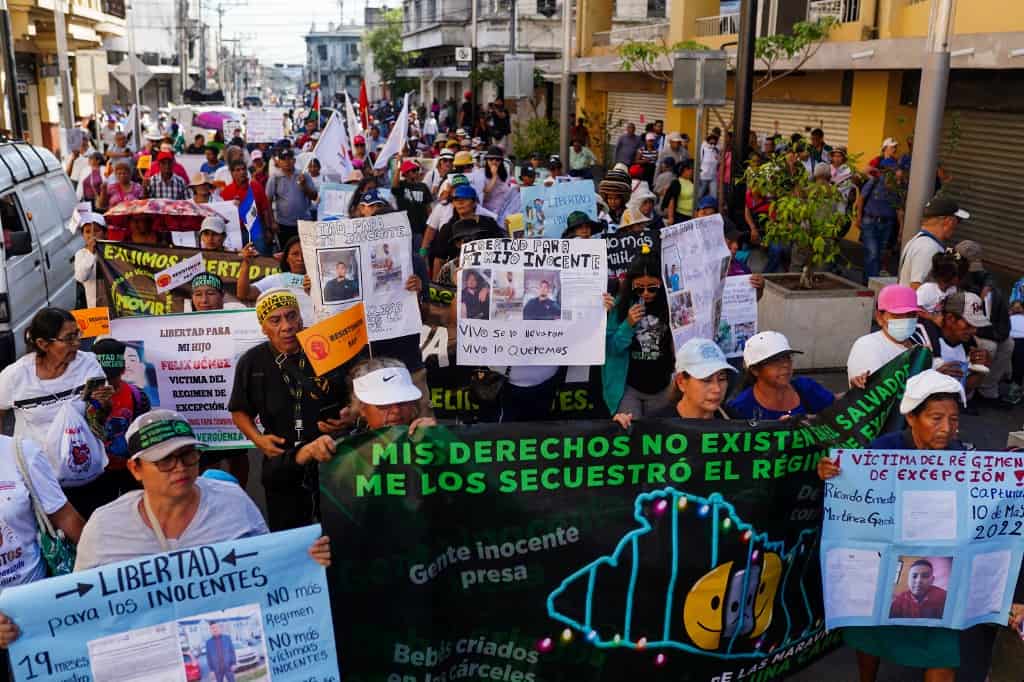QCOSTARICA — An eventual isolation of the government of Nicolás Maduro “does not seem to be so viable” as long as it has strong allies, Costa Rican Foreign Minister Arnoldo André Tinoco told Voice of America, who hopes that “the will of the Venezuelan people” will be recognized and that “a process of peaceful transition” will begin in January.
“As long as Venezuela has strong allies, such as Iran, Russia, China and others (…) a total isolation of Venezuela, a freeze like what happened with South Africa as a result of the Apartheid conflict, does not seem to be so viable,” admitted André Tinoco.
The Costa Rican foreign minister directly alluded to the disputed elections held in Venezuela on July 28 and the crisis that continues after the National Electoral Council granted victory to Nicolás Maduro, without presenting the electoral minutes until now.
– Advertisement –
The opposition, which shortly after showed copies of most of the electoral minutes, cried “fraud”.
Asked by VOA about the ongoing complaints in the International Criminal Court that point to Maduro for alleged crimes against humanity and the pressure that this could exert, the Costa Rican foreign minister stated that “everything helps.”
“These types of complaints and eventual provisional arrest warrants could further encircle the international mobility, not only of Nicolás Maduro but also of his group, and would help to put pressure on or raise awareness,” said André Tinoco.
The Costa Rican foreign minister spoke with VOA in the context of the 79th UN General Assembly taking place this week in New York. In addition to Venezuela, he said that his country is aware of the crises generated by the wars in the Gaza Strip and Ukraine.
“(Russia) has three legs on the continent,” emphasized the Costa Rican foreign minister.
André said that the concern generated by Russia’s alliances in the region does not only concern relations with Venezuela, but also its influence and the presence of its military potential in Nicaragua and Cuba.
– Advertisement –
Costa Rica demands respect for “the will of the Venezuelan people”
The Costa Rican foreign minister stressed that his country’s government has been very “vocal” and “has led opinion processes” on what is happening in Venezuela. The call for the majority of Venezuelans to be heard – he said – is also part of the international clamor.
“The will of the Venezuelan people (…) with a vote of more than 9 million people versus about 3 million, has favored Mr. Edmundo González and María Corina Machado. And we demand that the community of States respect that will of the Venezuelan people,” he emphasized.
André alluded to his country’s concern about the increase in the aggressiveness of the Maduro government against its population and the evident violation of many human rights at this time and said that they will continue to insist that the will of the majority of Venezuelans be respected.
“We hope that the Venezuelan government will recognize its defeat and begin a process of peaceful transition,” he said without offering further details.
– Advertisement –
Russia’s presence “hindered” the region
The Costa Rican foreign minister said that his government is working carefully on possible ways to promote respect for human rights, sustainable development and the right to a healthy environment throughout the world.
André also referred to the efforts of his country – which has not had an army for 75 years – for peace and the peaceful resolution of conflicts between nations.
He acknowledged that although Costa Rica is a small Central American nation, it wants to actively participate in seeking appropriate solutions to current conflicts.
“The main concern, of course, is the death of human beings, especially civilians and particularly children and women,” said the Costa Rican diplomat. “The figures that are reported do not stop, rather the conflict apparently tends to extend now towards the northern border of Israel or the south of Lebanon,” he stressed.
Regarding the discussion on the conflict in Ukraine during the high-level segment of the 79th UN Assembly this week in New York, André Tinoco regretted that it was not addressed in depth.
“If you look at this week’s agenda, there is an absence of the conflict in Ukraine. There was a scheduled meeting on the agenda and then it was canceled, but it is effectively the parallel armed conflict (in the Middle East) that has the world’s attention and the consequences. For example, the inflation that economies are experiencing is largely due to the Ukrainian conflict,” he insisted.
The Costa Rican diplomat stressed that his country abolished the army more than seven decades ago because it believes that there is no “external threat that requires military defense” and because it “trusts” in international mechanisms of collective security such as the UN and the OAS.
However, he specified that the presence of Russia is not welcome.
“What is in the way is an extracontinental, military presence in the American hemisphere, which is highly unusual, it is a phenomenon of the last decades. So it draws attention. It could well be interpreted at times as a provocation (the Russian military presence) towards other military powers that we do have on the continent,” he concluded.
– Advertisement –
Source link
Rico



